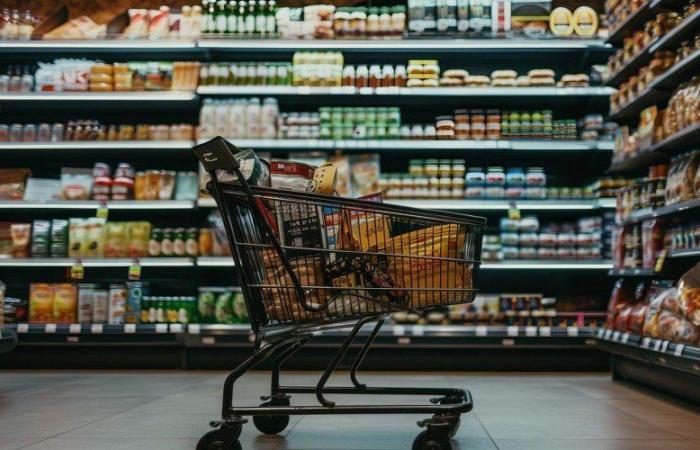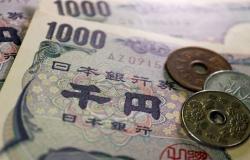Known as April Fools’ Day, April 1st will be marked in 2024 as the date on which many products in supermarkets will become more expensive. Starting next week, food prices will rise throughout Rio Grande do Sul, a measure that will have an impact on companies and workers.
Photo: Freepik
The rise in food prices is the result of the gradual withdrawal of tax benefits, granted by the State government, to 64 sectors. Among them are primary products, food, poultry, pork and beef and electricity.
Governor Eduardo Leite’s decision, published in a series of decrees, led 16 entities from Rio Grande do Sul to organize the “No to increase, yes to food” campaign. In a joint note, the group states that “fruits and vegetables, milk, bread, meat, eggs and other necessary and healthy items in the basic food basket will become more expensive. The result of this is fewer products on the tables of the people of Rio Grande do Sul and less income for thousands of rural producers.”
The entities promise a demonstration on April 1st, in front of the Piratini Palace. “Governor, we hope you do not move forward with this proposal”, says the note.
“Violence”
The subject was the subject of Tá na Mesa, a meeting of the Federation of State Business Entities (Federasul) with leaders from Rio Grande do Sul, last week. “It is violence against 11 million people from Rio Grande do Sul who will lose income”, criticized the entity’s president, Rodrigo Costa.
Chief economist of the State Agriculture Federation (Farsul), Antônio da Luz recalls that the State’s situation is delicate, with economic activity having been stagnant for four years. “We have a serious fiscal problem that needs to be resolved, but this is not the path”, argues Luz.
The government decided to withdraw the incentives after it was unable to obtain support to approve the proposal to readjust the basic ICMS rate, from 17% to 19.5%. The justification lies in the Union’s tax reform, with the creation of the Goods and Services Tax (IBS). With the revocation of benefits, the projection is for an increase of R$3.6 billion in revenue. Of this amount, R$1.8 billion should come from cutting incentives in the basic food basket.
“Bad example”
At an event at the Gramado City Council this month, tax advisor Sheila de Lima explained what the adjustments will look like:
“Vegetables, vegetables, fruits, pay zero ICMS, are exempt at all consumption points. French bread, fresh milk and flowers are also free until March 31st. Basic food baskets, salt, beans, dry pasta, UHT milk, flour, wheat, sugar, coffee, soybean oil, today have a 7% content”, says Sheila, remembering that these benefits have been practiced for almost 35 years.
According to her, the tax burden was increased from 7% to 12% on items that make up the basic food basket. “It doesn’t mean that they are no longer a basic staple, they are, but with a greater load”, she highlights. Therefore, in practice, products can increase by more than 20%.
According to the president of the Gaúcha Supermarkets Association (Agas), Antônio Longo, Piratini’s decision is a bad example for the country, and the consumer will be the one who will pay the bill. “The supermarket sector says no to increases and yes to food”, he says, repeating the note’s slogan.
According to Setcergs, a union of cargo transport companies, the approximately 30 thousand transporters in Rio Grande do Sul are against the decrees. President Sérgio Gabardo says that the State needs to attract new companies.






